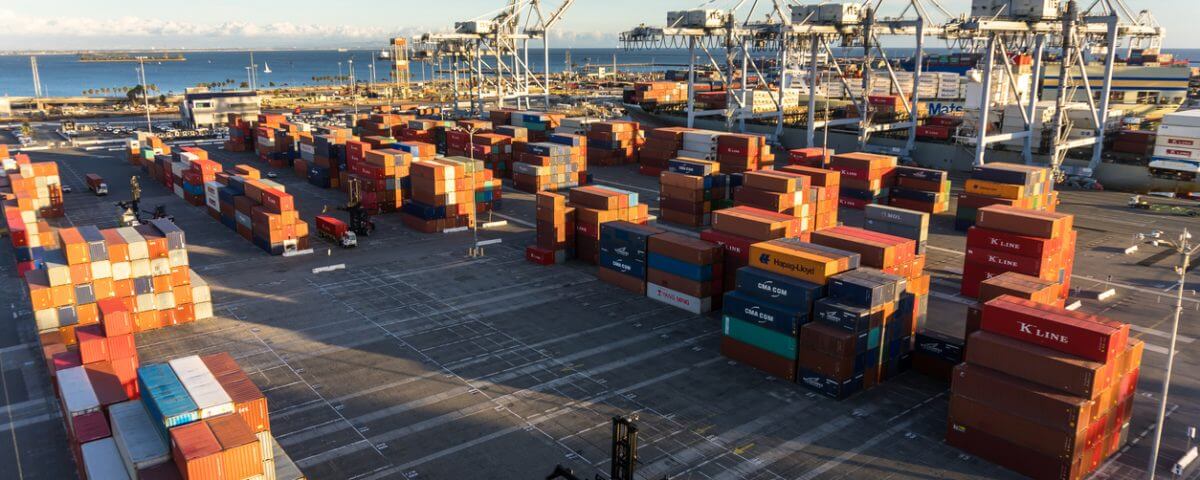
What Are NMFC Codes
August 2, 2018
The Busiest Container Ports of 2017
August 8, 2018Shipping Industry Makes Landmark Emissions Agreement

The UN has agreed to a unique deal in the shipping industry. More than 170 countries just agreed in London to cut carbon dioxide emissions from maritime shipping worldwide by a minimum of 50%. The deadline is 2050. Beyond this, the 170+ countries also agree to have plans in place to elevate that to a 100% carbon dioxide cut by then, given anticipated advances in electronic ship technology and green power.
52,000 Vessels and Counting
This may seem like a while, but keep in mind there are more than 52,000 ships in the global merchant fleet. Many of these ships will continue operating for years to come. This kind of planning is to be realized in design and construction for future generations of vessels.
Shipping by sea is already the most emissions-light form of shipping available because of the ability to ship freight in bulk. This is no reason not to continue improving. In fact, this agreement builds on other recent agreements that decrease sulfur emissions, that regulate the dumping of ballast (so that microbes from one body of water don’t spread into another), and that research emissions in Arctic shipping.
An Accountable & Efficient Shipping Industry
The International Maritime Organization (IMO) has been pro-active in pursuing solutions to climate change. Many of these solutions will help decrease costs in the long run (an electric- and green-powered fleet would one day cost much less to run than a fleet that’s still consuming fuel). In addition to this, ports are also investing more in green technology. Solar and wind power can cut down on energy costs substantially, and many modern improvements utilize more energy-efficient machinery that cuts down on energy demand per container shipped.
All major new ports being built around the world have some element of green power, and employ more energy-efficient and sustainable technologies. Some of this is because of environmental responsibility of course, and much of it is because it can substantially decrease operating costs. That saves money for the companies that operate ports, it saves money for the companies that operate cargo vessels, and it saves money for you when you need to ship your goods around the world. Some countries like Saudi Arabia, Panama, and the U.S. resisted the agreement to various extents, but the vast majority of countries were in agreement.
Maritime shipping is proudly embarking on many new plans for shipping by sea in a more responsible and economically efficient way.
